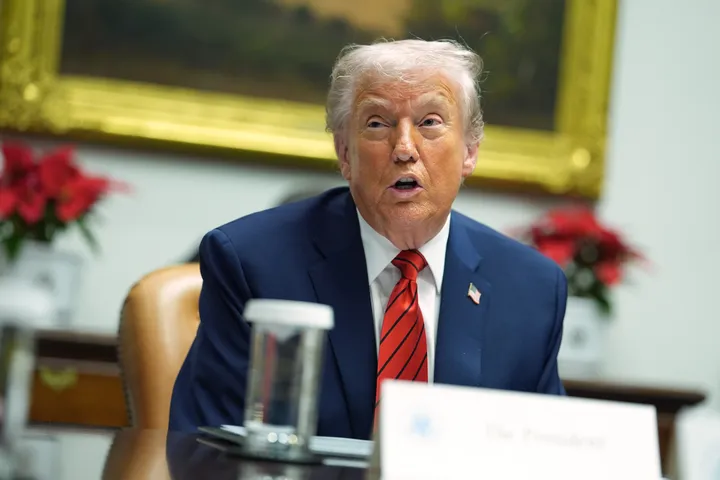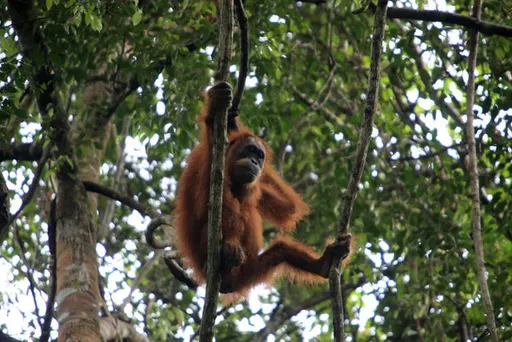Every year in April as Rwanda pauses to grieve and commemorate the 1994 genocide against the Tutsi; to remember the 1,074,056 victims who perished in that senseless tragedy, self-appointed analysts spring from the shadows, become judge, jury and executioner - and make unfounded assertions to either deny the genocide against the Tutsi, minimise its magnitude or demonise our leadership in the hope that this will cleanse the guilt of those who orchestrated, carried out, aided or abetted the commission of the genocide against the Tutsi. This year is not any different. It is like their chief pre-occupation is to deny us, Rwandans, the right to grieve; to mourn our dead. Senseless. Inhuman.
And regrettable. Especially when such a piece of writing finds a place on the site of a reputable media house like TRT World with which the Embassy of Rwanda has had excellent relations. We take strong exception to the recently published article on 8th April 2019, that clearly denies the genocide against the Tutsi; minimises the magnitude of the genocide and engages in indefensible character assassination of our leadership at a time when the rest of the world is pausing to mourn the loss our nation suffered in 1994.
Its claims and charges are based not in fact but on conjecture and are profoundly flawed. In his lengthy article, he uses the term ‘Tutsi’ only twice, in both cases in reference to rebels. Not once does he use the phrase: 'genocide against the Tutsi'. The author knows the correct term used to describe the 1994 events in Rwanda - it is framed in a UN Resolution. The author may not be a genocide denier, but the article makes him sound like one.
Genocide denial is not something to give space to; it is cancer we must all uproot from every place.
Equally, the article engages in genocide minimisation by pretending not to know how many Tutsi and moderate Hutu were killed in 1994. The author takes comfort in regurgitating a tired old line: ‘an estimated 800,000 people were hacked and dismembered.’ This is a 25-year old line loved by genocide deniers eager to lower the magnitude of the crime in the hope that it will lessen the enormity of their guilt.
The Uganda-based journalist must surely be aware of the work of Rwanda’s Gacaca Courts which worked for ten years; interviewed nearly two million suspects and generated 60 million pages of court documents containing information on the killers and their victims. He should also be aware of the presence and testimonies of the 330,000 survivors who know which of their family members were senselessly lost in the 1994 genocide against the Tutsi. To be clear, there is incontrovertible evidence that 1,074,056 people died in 1994. Of these, nearly 934,128 (not 800,000) were Tutsi. This is public knowledge. To ignore it is not just pure professional lethargy. It is a dangerous omission that advances the minimisation narrative and gives ammunition to genocide deniers.
Worse, the article does a hatchet job on the integrity and good name of our president, His Excellency Kagame, in a highly objectionable manner. The report claims Kagame is intolerant to dissent and that he is paranoid and exploits Western guilt. That he is authoritarian; imprisons political opponents and runs assassination squads. None of these accusations is based in fact. None of them is new. All have been debunked by objective investigations. For the benefit of your leaders, let us look at a few:
Claims of Kagame’s intolerance for dissent and persecution of political opponents are tired rants peddled by genocide deniers, especially during the commemoration period to cast a shadow over a genuine and painful period of mourning.
You cannot guide the reconstruction of a post-genocide, fractured society as successfully as President Kagame has done by just listening to your own voice. His rule has been and remains firmly founded on a democratic constitution framed, not by him, but by Rwandans through a referendum. The same constitution provides for voices of dissent in its entrenchment of multi-partyism and the promotion of an inclusive political dispensation.
Kagame is not short on political opponents. The country has over ten political parties in parliament, and these have a voice and space to articulate their political agenda. Under our political system, the president, speaker of parliament, and the prime minister must come from different political parties.
Opposition politicians are included in cabinet appointments in a deliberate effort to include alternative voices in the process of governance in the spirit of Rwanda’s chosen path of consensus, not contentious, politics. The same space exists for the media in Rwanda. The country boasts of more print media as well as television, radio and online broadcasting entities than there were in 1994 and these are protected by law, including the law on access to information. Every government agency has a communication arm, and the president hosts regular media briefings in addition to his social media presence through which he answers questions not only from the media but also citizens.
Contrary to the article’s claim, President Kagame is not paranoid, for he is sheltered by the love of his people. And he is not loved by Rwandans because of the article’s alleged ‘command and control style.’ They trust him with their future not only because he was on the frontline, fighting killers to stop the genocide against the Tutsi while his current critics were either asleep, trapped in a cocoon of indifference or unborn, but also because he has tirelessly worked with them every day for the last 25 years to rebuild their lives and country. For the first time since independence, they have a leader who walks the talk, by delivering on his promises to them.
It is disingenuous to claim, as the article does that the legend of Kagame’s leadership has been spread worldwide by tales of Kigali’s clean streets. Rwanda’s positive transformation under Kagame, across all areas of possible assessment, is real.
As a state, Rwanda was a basket case with no peace in 1994. Today, Rwanda’s primary export is not clean streets, coffee or tea, but peace, as the 3rd largest troop contributor to UN Peacekeeping operations worldwide. We export peace because we have enough at home.
What the article refers to as dissidents like RNC, its P5 offshoot and their FDLR partners, are criminals with blood on their hands. Their leaders have been indicted in courts of law. It is surprising that the article is silent on the extent of support these subversive elements continue to get from some of our neighbours. Yet, even when faced with the worst provocations from our neighbourhood, including by those giving shelter to genocide suspects and other subversive elements, President Kagame and his government continue to advocate peace. This commitment is firm - until that time when a foreign adversary will cross our borders to harm Rwandans.
The article wrongly accuses President Kagame of closing the border with Uganda. No border was closed, at all. The article fails to see the difference between a border between nations and a border post.
Clearly, we live in strange times; times in which everyone is an expert or an analyst and where every self-anointed analyst with access to a social media account can dictate to elected leaders how to govern or predict their fate if they do not listen.
President Kagame has had many of these doomsday-sayers, predicting his fate or Rwanda’s. They do this from afar. They do not walk the land to feel the mood of optimism in our country; see the confident spring in the step of the farmer going to the market; note the glow on the children’s faces as they race to school through the morning dew or the pulsating calm in the survivor’s heart who now knows that there are better days ahead. They miss the power of governance systems, laws and institutions that have been built to last. They cannot see the army of highly trained youths already being empowered and placed in positions of leadership - for the future is theirs to shape, today.
Indeed, the push of the youth into positions of leadership is, perhaps, one of the best of Kagame’s innovations in leadership. We cannot stop Kampala-based self-anointed analysts from worrying. That is their burden to carry.
As for Kagame’s legacy and the country he leads – all is just fine, and the best is yet to come.
























